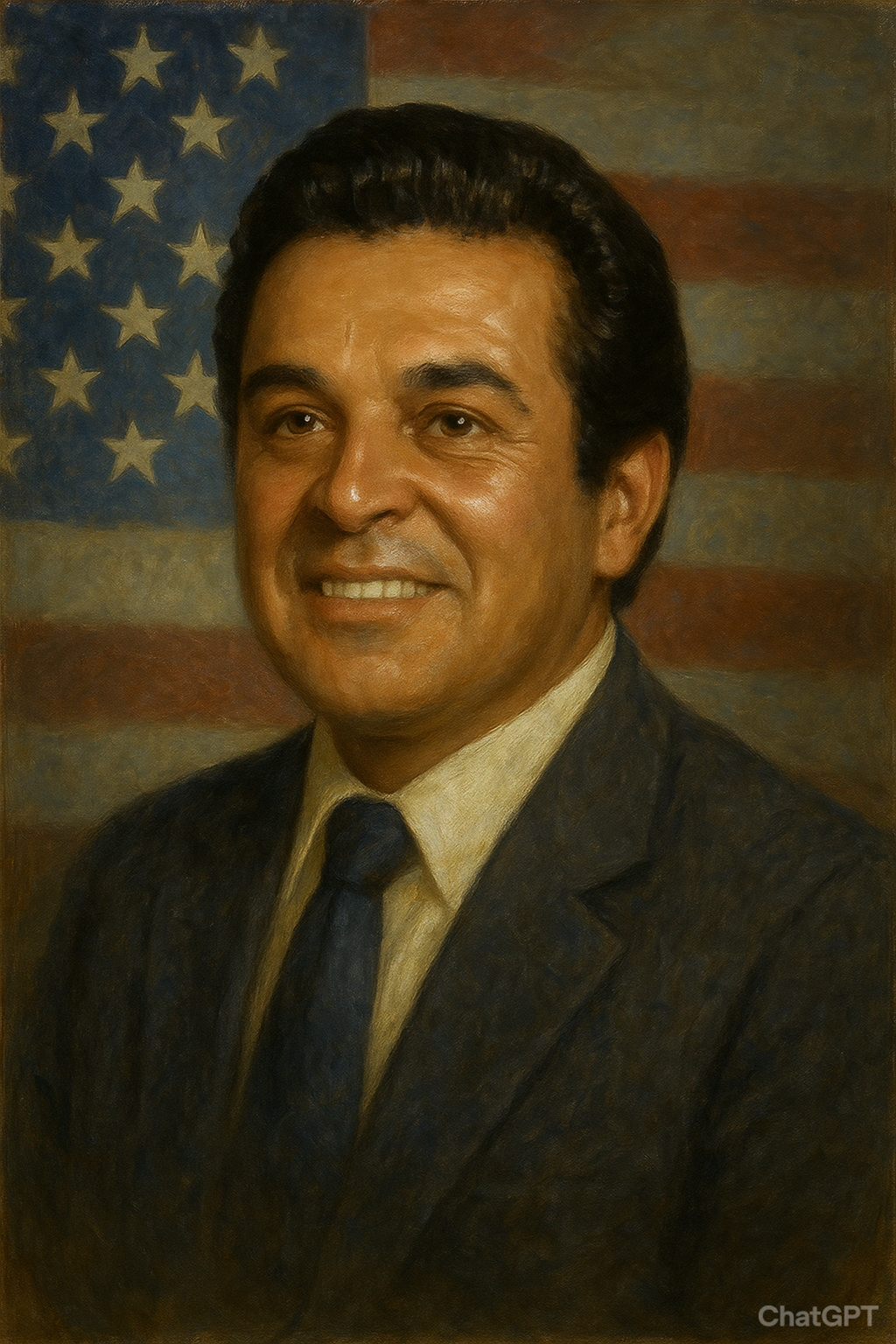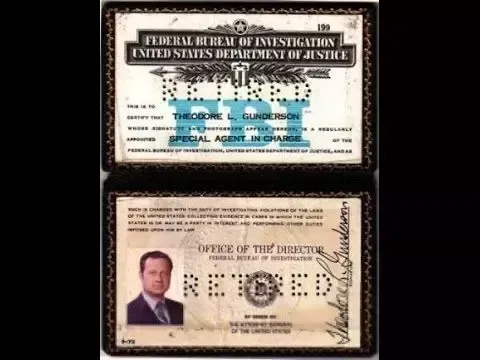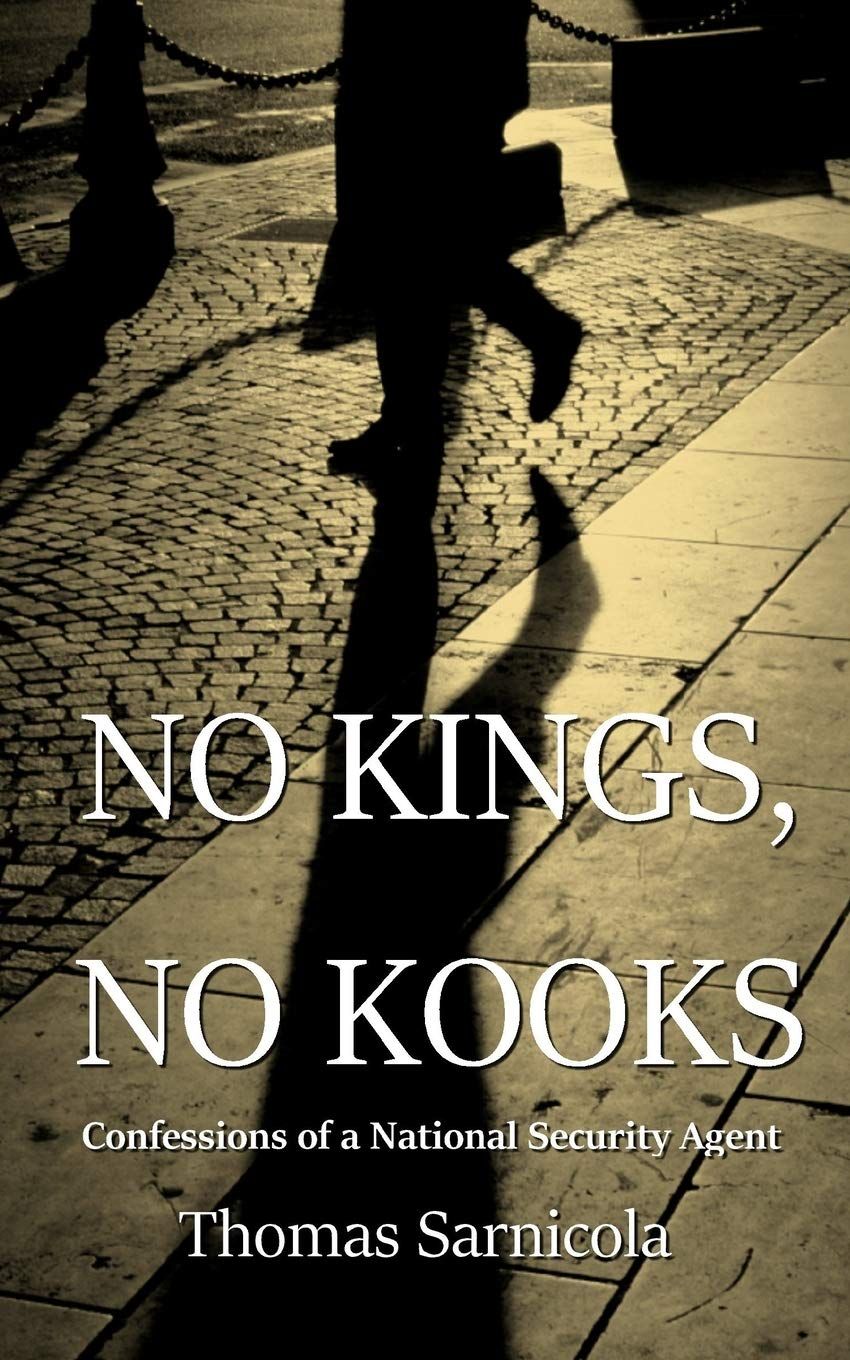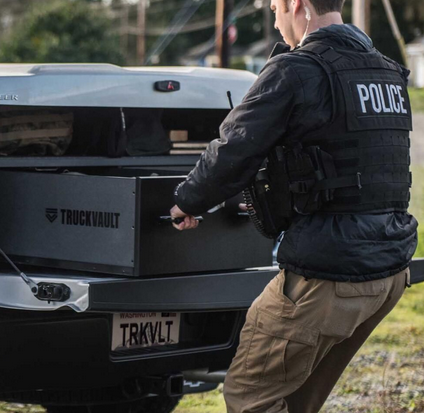The Interview Experience

I applied to several 1811 agencies in order to maximize my chances for success; consequently I completed the Panel Interview process for DEA, DSS, FBI, and HSI. The panel interview process was (and still is) the typical format for most 1811 agencies. Below is a summary of my experiences, keeping in mind confidentiality requirements:
DEA Interview Panel - 2010
I completed my DEA interview at a mid-sized office in a major city. I arrived *exactly* on time as they had requested and wore a neutral colored suit. A few minutes later, my DEA applicant coordinator escorted me to an awaiting panel of three special agents. I greeted all members of the panel and we conducted brief name introductions. The interviewing special agents comprised of an Assistant Special Agent in Charge (GS-15), a Supervisory Special Agent (GS-14) and a Senior Special Agent (GS-13). Once seated, the panel asked a number of open ended questions that you would expect to be asked in a typical interview (i.e., Experience, Motivation for joining Law Enforcement, Problem Solving). Several follow up questions were also asked by the panel in an attempt to further explore my responses. Towards the end, I was given an opportunity to ask my own questions and or disclose any issues relevant to hiring. Based on the panel's questions, it was clear they were interested in my physical fitness, communication skills, professionalism, maturity level, and aptitude for law enforcement work. The interview lasted approximately 45 minutes and upon conclusion, I was asked to wait in the lobby. Approximately five minutes later my applicant coordinator came back to the lobby and informed me I had passed my interview and would be starting the evaluation phase (Polygraph, Background, Fitness Test, etc.). I appreciated the immediate results and promptly exited the building so they could deal with the next candidate.
HSI Interview Panel - 2010
The Homeland Security Investigations (HSI) interview was scheduled via email by the local office Human Resources point of contact at a major city office. I arrived at the office in a neutral suit and made contact with the HR representative. After a brief greeting, the HR person escorted me to the interview panel where an Assistant Special Agent (GS-15) and two Supervisory Special Agents (GS-14) were waiting around a conference table. After brief greetings, I was asked to sit down to start the interview. The format was a structured scenario based interview that required no prior knowledge of law enforcement. The interviewers described a number of scenarios and gauged my response to various situations. It was clear they were judging me based on my maturity, critical thinking skills and general aptitude for law enforcement type work. I was not asked any personal or open ended follow up questions. Upon conclusion of the interview, I was escorted back to HR and informed the results would be communicated via email. Approximately two weeks later, I received email notification of a passing score.
FBI Panel - 2010
The Federal Bureau of Investigations (FBI) was scheduled by my applicant coordinator and held in a major city outside my state (Note: FBI paid for my flight and hotel). The panel interview was conducted at the same hotel where we were housed. I was escorted by an Human Resources representative to a room that had a panel of three special agents. The agents asked both structured interview and open ended questions. They appeared to be judging me based on my maturity, life experience and critical thinking skills. The interviewers asked several questions about my educational background, specialized skills and work experience. Upon conclusion of the panel, I was escorted out of the room and back to the HR representative. I was informed that I would be notified by my local applicant coordinator sometime later. Approximately two weeks later, my applicant coordinator called and informed me I had passed the interview process.
As you can see from my above described experiences, none of the interviews are particularly complicated, mysterious or even difficult IF you are a PREPARED applicant. They are just like ANY other job interview; your chances of success are entirely dependent on your own preparation, professional demeanor and attitude.
Some Interview Advice from HR
Avoid Rookie Mistakes
Regardless of the agency or the jurisdiction (federal, state, local), the tips to help you succeed in law enforcement interviews are fairly simple & universal. The below advice will help you avoid the typical mistakes made by applicants:
- Arrive on time but not too early (Arriving early can cause logistical headaches for HR.).
- Expect the possibility that you will be screened for weapons (Some facilities have mandatory screening). Do NOT bring weapons of any kind, even if you are a current law enforcement officer.
- Dress in a neutral suit (both in color and design). Law enforcement is a professional and conservative environment.
- Do not wear excessive cologne/perfume as this can get annoying for the panel after several interviews.
- Be prepared to know the agency's mission, leadership and general history.
- Be prepared to answer yes to all mandatory job requirements (i.e. carrying a firearm, mobility).
- Fully integrate your education, special skills and work experience into your answers.
- Clean/Shine your shoes.
- Cover up all tattoos. Similarly, men should remove all distracting jewelry.
- Wear your hair in a neutral fashion.
- Groom your nails in a presentable manner.
- Wear a neutral colored tie.
- Listen to the question, think and then answer!
- Do NOT attempt to use "law enforcement" lingo in your responses.
- Honestly disclose all information when asked.
Before the Interview
- Research the organization
- Compare your skills and qualifications to the job requirements (Technical Qualifications/KSAs)
- Study your application package and know what’s in it
- Prepare/practice responding using the Challenge, Context Action Results (CCAR) method.
- Do mock interviews
- Know yourself – be prepared to discuss strengths and weakness
- Plan what to wear
- Plan what to bring (your application; list of accomplishments)
During the Interview
- Remain attentive through the process
- Maintain proper posture
- LISTEN to the question that is being asked
- Pause before responding to a question – take the time to organize your thoughts
- Remember Challenge-Context-Action-Results
- Pay attention to non-verbal communication
- Acknowledge all panel members during the interview
- Don’t be too familiar with panel members
- Monitor your time
Remember, the panel wants you to succeed!
For those that are interested in additional information, I would suggest the below book (Boost Your Interview IQ) from a well known industry author. I personally read the book as part of my due diligence review process and can attest that the information is accurate, helpful and informative.










